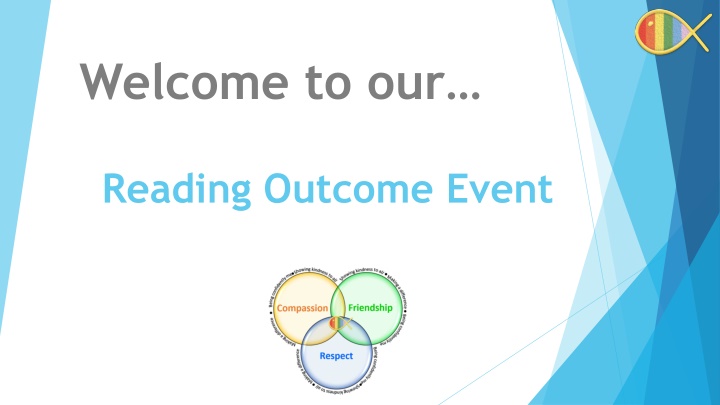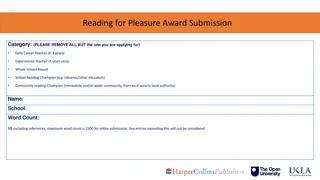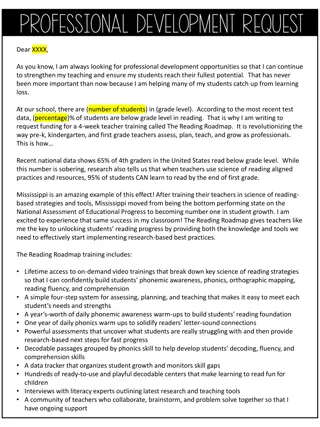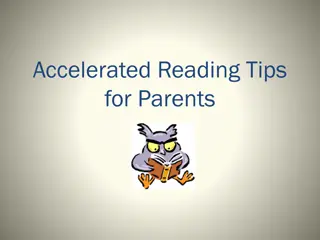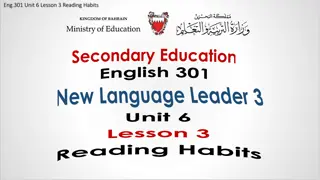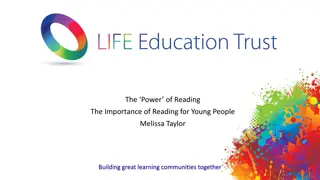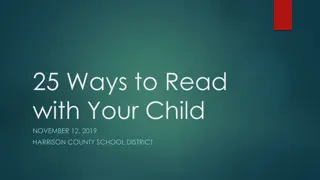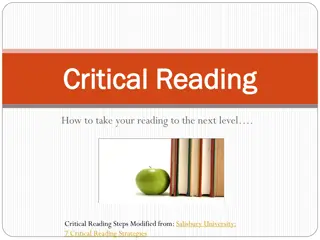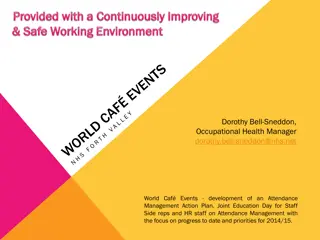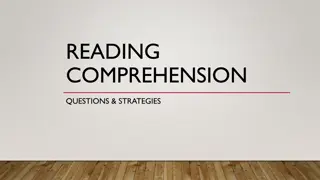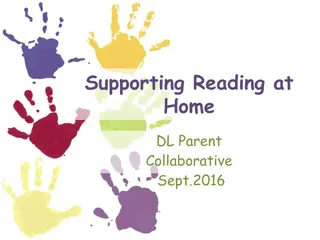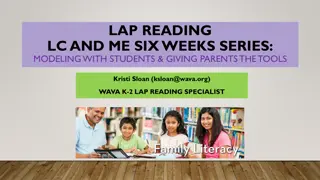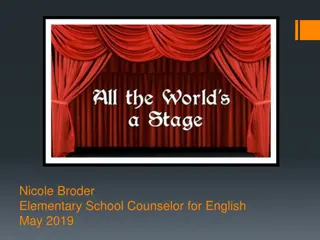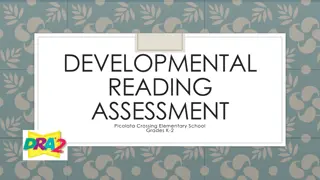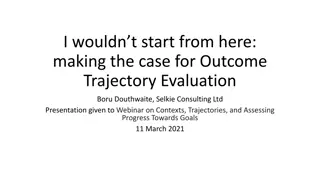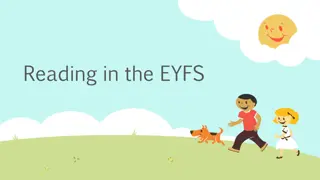Welcome to our Reading Outcome Event
Welcome to our Reading Outcome Event where we explore the joy of reading and its immense benefits for children. From Reading Races to 1:1 reading sessions, we foster a love for reading and encourage children to engage with books in various ways. Discover how reading can help children build vocabulary, enhance academic performance, spark imagination, nurture creativity, and develop critical thinking skills. Join us in celebrating the power of reading and its significant impact on children's educational success and future achievements.
Download Presentation

Please find below an Image/Link to download the presentation.
The content on the website is provided AS IS for your information and personal use only. It may not be sold, licensed, or shared on other websites without obtaining consent from the author.If you encounter any issues during the download, it is possible that the publisher has removed the file from their server.
You are allowed to download the files provided on this website for personal or commercial use, subject to the condition that they are used lawfully. All files are the property of their respective owners.
The content on the website is provided AS IS for your information and personal use only. It may not be sold, licensed, or shared on other websites without obtaining consent from the author.
E N D
Presentation Transcript
Welcome to our Reading Outcome Event
How do you feel about reading?
What is reading like in your house?
Reading Race Encouraging children to read 5 times a week at home. Winning classes announced with lots of excitement in a Friday assembly & earn a mufti day. *Trying to encourage children to go home and want to read / earn the reward KS1 Spring Term
Reading Race Encouraging children to read 5 times a week at home. Winning classes announced with lots of excitement in a Friday assembly & earn a mufti day. *Trying to encourage children to go home and want to read / earn the reward KS2 Spring Term
1:1 with an adult Reading at School Paired reading Shared reading Class books / Story time Library time Personal reading time Small group reading and discussion Phonics and decoding Reading for Pleasure Focused skill development
1:1 with an adult Reading at School Paired reading Shared reading Class books / Story time Library time Personal reading time Small group reading and discussion Phonics and decoding Reading for Pleasure Focused skill development
Reading is more important than just learning to read
Why reading matters Reading enjoyment has been reported as more important for children s educational success than their family s socio-economic status. Study after study has shown that those children who read for pleasure are the ones who are most likely to fulfil their ambitions. OECD, 2002 Pearsons UK research Reading for pleasure is the single most important indicator of a child s future success. Book Trust, 2024 From the age of 8, if you read for 20 minutes a day over a year - you will have read more than 2 million words in context. Cross River Research
How does reading help children? 1.Their vocabulary is larger and more extensive. 2.They perform better academically. 3.Their imagination can run wild. 4.Their creativity skills develop. 5.They develop empathy. 6.They gain a deeper understanding of their world. 7.Their concentration levels improve. 8.The parent and child bond improves. 9.Their cognitive development is supported. 10.Their social skills and interaction improve. National Book Trust research conclusions
How does reading help children? 1.Their vocabulary is larger and more extensive. 2.They perform better academically. 3.Their imagination can run wild. 4.Their creativity skills develop. 5.They develop empathy. 6.They gain a deeper understanding of their world. 7.Their concentration levels improve. 8.The parent and child bond improves. 9.Their thinking skills are developed. 10.Their social skills and interaction improve. National Book Trust research conclusions
Reading at School What we do in school won t be enough to make them ARE / secure readers. Shared reading 1:1 with an adult Paired reading Class books / Story time Library time Personal reading time Small group reading and discussion Phonics and decoding Reading for Pleasure Focused skill development What we do in school won t be enough to make them good thinkers.
We need to take the emotion out of reading
Study after study has shown that those children who read for pleasure are the ones who are most likely to fulfil their ambitions. Pearsons UK research We need to take the emotion out of reading Regular reading is the single most important indicator of a child s future success. Book Trust, 2024
Y2 KS2 Getting children to read at home can be hard but we CAN T give up it s too important. Don t leave it until bed time everyone s too tired Straight after dinner / first thing in the morning Visit the library get excited about books Once they re reading vary the style and author A mix of their choice and your choice Family reading / time Shared reading taking it in turns SORA if they are struggling to read independently Celebrate finishing books / calm reading time
Y2 Top tips reading development *Use their phonics / knowledge - Sounding out (avoid just telling them) *Rereading sentences fluency *Use the punctuation full sentences *Adult reads child repeats > Good Model *Reread paragraphs and pages several times - automaticity *Can they self-correct? Do they keep going? They need to spot when they have made a mistake and reread for clarity.
Reading Outcome Event We really hope this helps to get regular, happy reading at home.
